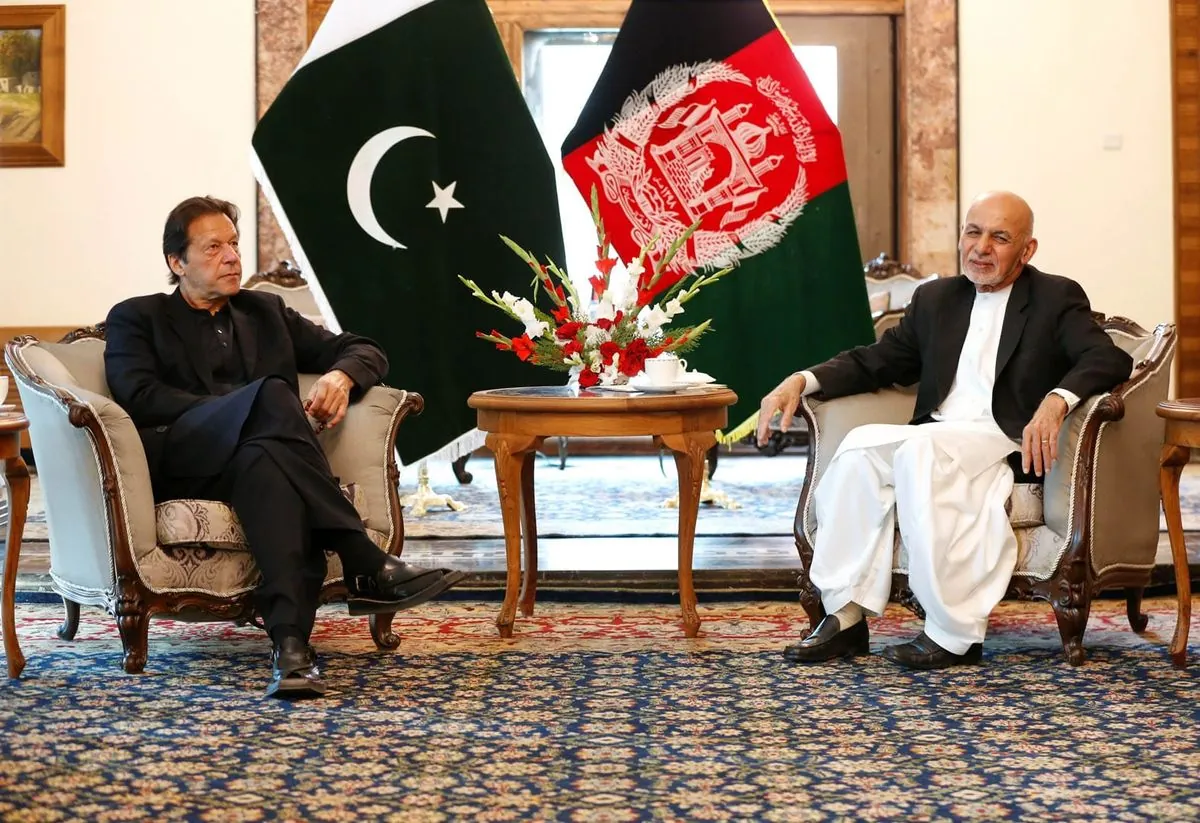Diplomatic Tension Rises as Afghan Envoy Remains Seated During Pakistani Anthem
Pakistan protests after Afghan diplomat fails to stand for national anthem in Peshawar. Incident highlights strained relations and cultural differences between the neighboring countries.

A diplomatic incident has unfolded between Pakistan and Afghanistan, highlighting the fragile state of relations between the two neighboring countries. The controversy arose when Mohibullah Shakir, the Afghan consul general in Peshawar, remained seated during the playing of the Pakistani national anthem at an official event.
In response to this perceived slight, Pakistan's Foreign Ministry summoned Ahmad Shakib, Afghanistan's chargé d'affaires in Islamabad, to lodge a formal protest. Ministry spokesperson Mumtaz Zahra Baloch emphasized that such behavior contravenes diplomatic norms and disrespects the host nation.
The Afghan Consulate in Peshawar offered an explanation, stating that Shakir did not stand due to the presence of music in the anthem. This justification stems from the Taliban's strict interpretation of Islamic law, which has led to a ban on music in Afghanistan since their return to power in August 2021.

This incident is symptomatic of the deteriorating relations between Islamabad and Kabul. Pakistan has accused Afghanistan's current rulers of supporting the Pakistani Taliban, a militant group that has intensified its attacks in recent years.
Some interesting facts to consider:
- The Pakistani national anthem, "Qaumi Taranah," adopted in 1954, is unique as it contains no words in Urdu, the national language.
- Pakistan and Afghanistan share a 2,670 km border known as the Durand Line.
- Diplomatic relations between the two countries were established in 1947.
- The Pakistani Taliban, or Tehrik-i-Taliban Pakistan (TTP), was formed in 2007.
- Peshawar, where the incident occurred, has been a significant center for Afghan refugees since the 1980s.
The diplomatic protocols governing such situations are outlined in the Vienna Convention on Diplomatic Relations of 1961. However, cultural differences and political tensions often complicate adherence to these norms.
This event underscores the complex history between Pakistan and Afghanistan. Since the Soviet invasion of Afghanistan in 1979, Pakistan has hosted millions of Afghan refugees. The current tensions impact not only bilateral relations but also regional stability in South Asia.
As both nations navigate this diplomatic challenge, the international community watches closely, recognizing the importance of stable Pakistan-Afghanistan relations for peace in the region.


































